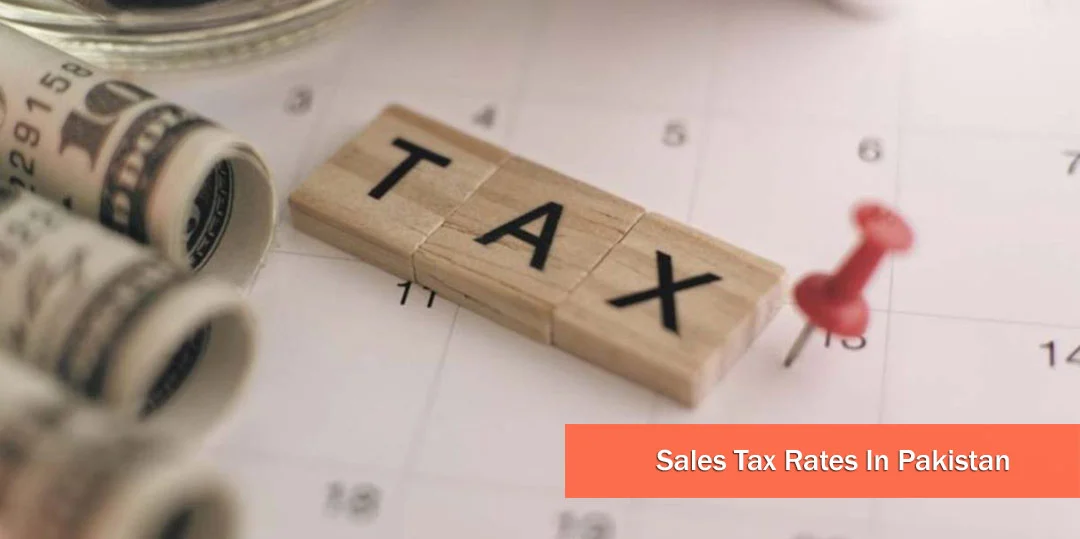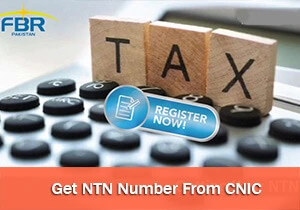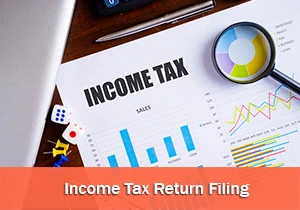
Are you often worried about calculating tax rates while purchasing goods or services? Well, this is a significant concern for the majority of consumers in Pakistan. The tax rates are often changing and confusing. Moreover, varying rates throughout the country leave you in great trouble.
We believe in creating ease for you while you go through this frustrating process. If you get into this process often you must know all about Sales tax rates in Pakistan, to avoid inconvenience and being betrayed. No matter which area of the country you belong to, just stay with us till the end, and don't forget to keep notes of the information you require.
Standard Sales Tax Rate In Pakistan
Sales tax rates vary almost throughout the country. It is no doubt applicable for Gilgil Baltistan, Kashmir, Islamabad, and all four provinces but it varies with minor differences. Although, the standard rate for sales tax in Pakistan is 17%.
Loading ad
Sales Tax Rates __ (Provinces, GB, Kashmir, FATA)
All four provinces, the Islamabad Capital Territory, Gilgit-Baltistan, Azad Jammu, and Kashmir impose a sales tax on services at rates ranging from 13% to 16%.
| Sr | Area | WHT (withholding tax) | GST (goods and services tax) |
|---|---|---|---|
| 1 | Punjab | 15% | 19.50% |
| 2 | Balochistan | 15% | 19.50% |
| 3 | Sindh | 15% | 19.50% |
| 4 | KPK | 15% | 19.50% |
| 5 | FATA | 10 | 19.50% |
| 6 | Gilgit-Baltistan | 0% | 0% |
| 7 | AJK | 15% | 19.50% |
Sales Tax Applies To The Following
Sales tax applies to services, goods, and import goods.
- Services
- Goods
All items are taxable, with the exception of those that fall within the section 13 exemptions listed in the 6th Schedule of the Sales Tax Act of 1990. For the purposes of sales tax, goods encompass all transportable property types except actionable claims, cash, stocks, shares, and securities. - Determine values and enter them as;
B: Covered area of property x Per square foot rent The property tax you need to pay will depend on n the annual rental value. It is will be the total amount the property is estimated to bring. As the rate of tax is different for different provinces, they have issued their valuation table. - Imports
All items brought into Pakistan are subject to sales tax at the time of import, with the exception of those expressly exempt under section 13 as listed in the Act's sixth schedule.
Goods Exempted From Sales Tax
The Sixth Schedule of the Sales Tax Act, 1990 lists the items that are eligible for sales tax exemption in accordance with Section 13 of the Sales Tax Act, 1990 . Through various notifications (SROs) released by the government in accordance with section 13, additional exemptions are accessible.
When The Sales Tax Is Due?
- At the moment of supply, sales tax is required.
- For services, this is often when the taxable supply is supplied or the payment is completed, whichever occurs first. It usually happens when a payment is made to settle an invoice for goods.
- On imports, it is due at the time of customs clearance into Pakistan.
If a person fails to pay the tax by the deadline, claims a tax credit or refund that is not due to them, or mistakenly applies the zero percent rate to supplies he has to pay 1.5% of the due tax.
The percentage of additional tax, however, shall be two percent each month in cases of tax fraud.
Invoice Permitted For Retail Sales ___ Sales Tax Compliance
Invoices should include
- Name of supplier
- Address of supplier
- Name of customer
- Address of customer
- Supply date
- Description (goods/services)
- Invoice number
- Sales tax rate
- The amount charged
- Gress amount
- Currency translated to PKR
Current Sale Rates Of Supplies
The other current rates are:
| Sr | Supplies | Current Rates |
|---|---|---|
| 1 | Goods | 17% |
| 2 | Services | 16%, 15%, 13% |
| 3 | Local imports produce for export | 10%, 8%, 5%, 3% |
| 4 | Other specific supplies | 18.5% - 25.5% |
| 1 | Office Stationery | 0% |
We hope this short article helps you with your concerns regarding sales taxes. Before you go for any further purchases make sure you have all the information required.


